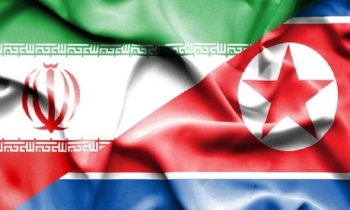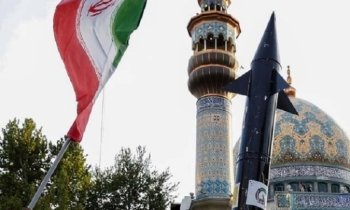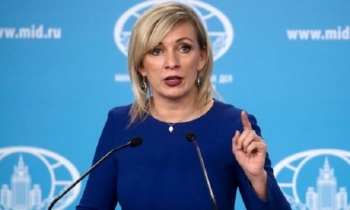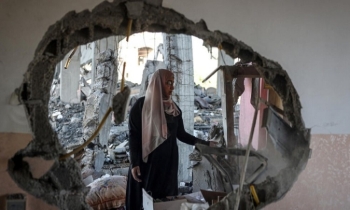Pfizer launches accord to improve health equity
BI Report || BusinessInsider
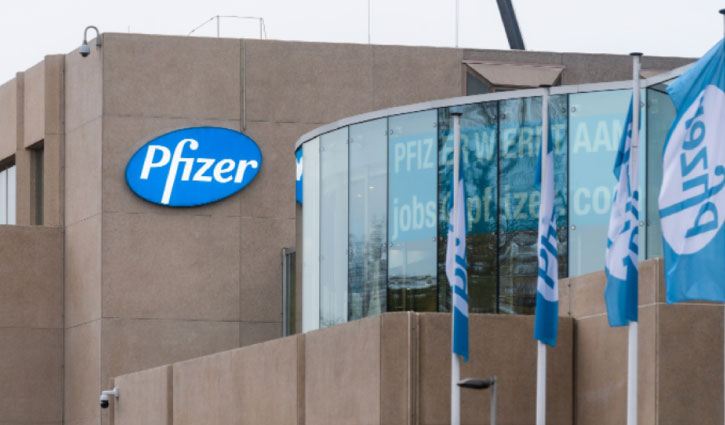
A view of a Pfizer building in Puurs, Belgium. Photo: Collected
Multinational pharmaceutical company Pfizer on Wednesday launched “An Accord for a Healthier World", with an aim to provide all its patented, high-quality medicines and vaccines available in the US or the European Union on a not-for-profit basis to 1.2 billion people in 45 lower-income countries.
The Accord seeks to greatly reduce the health inequities that exist between many lower-income countries and the rest of the world, said a press release.
The accord countries include all 27 low-income countries as well as 18 lower-middle-income countries that have transitioned from low to lower-middle-income classification in the last ten years.
Pfizer will work with healthcare officials in Rwanda, Ghana, Malawi, Senegal and Uganda to identify early insights and opportunities to ensure all medicines and vaccines can reach those in need.
This will include expertise to support diagnosis, healthcare professional education and training along with supply chain management and other infrastructure enhancements.
Learnings from these five countries will be applied to support the roll out for the remaining forty countries.
Pfizer will also collaborate with Accord participants to identify quick and efficient regulatory pathways and procurement processes to reduce the longer amount of time it can take to make new medicines and vaccines available in these countries.
Under the accord, Pfizer has committed to provide 23 medicines and vaccines that treat infectious diseases, certain cancers, and rare and inflammatory diseases.
Making these medicines and vaccines more readily available has the potential to treat non-communicable and infectious diseases that claim the lives of nearly one million people each year in these countries and chronic diseases that significantly impact quality of life for at least half a million more1.
As Pfizer launches new medicines and vaccines, those products will also be included in the Accord portfolio on a not-for-profit basis.
The Accord also aims to establish faster access to Pfizer’s future pipeline medicines and vaccines on a not-for-profit-basis to the 45 countries, particularly those that treat diseases that disproportionately impact global health.
To further this commitment, Pfizer, with funding from the Bill & Melinda Gates Foundation, is advancing work on the development of vaccine candidates for the prevention of Group B Streptococcus (GBS), which is a leading cause of stillbirth and newborn mortality in low-income countries.
They are also discussing opportunities to support Respiratory Syncytial Virus (RSV) vaccine development, another maternal vaccine.

